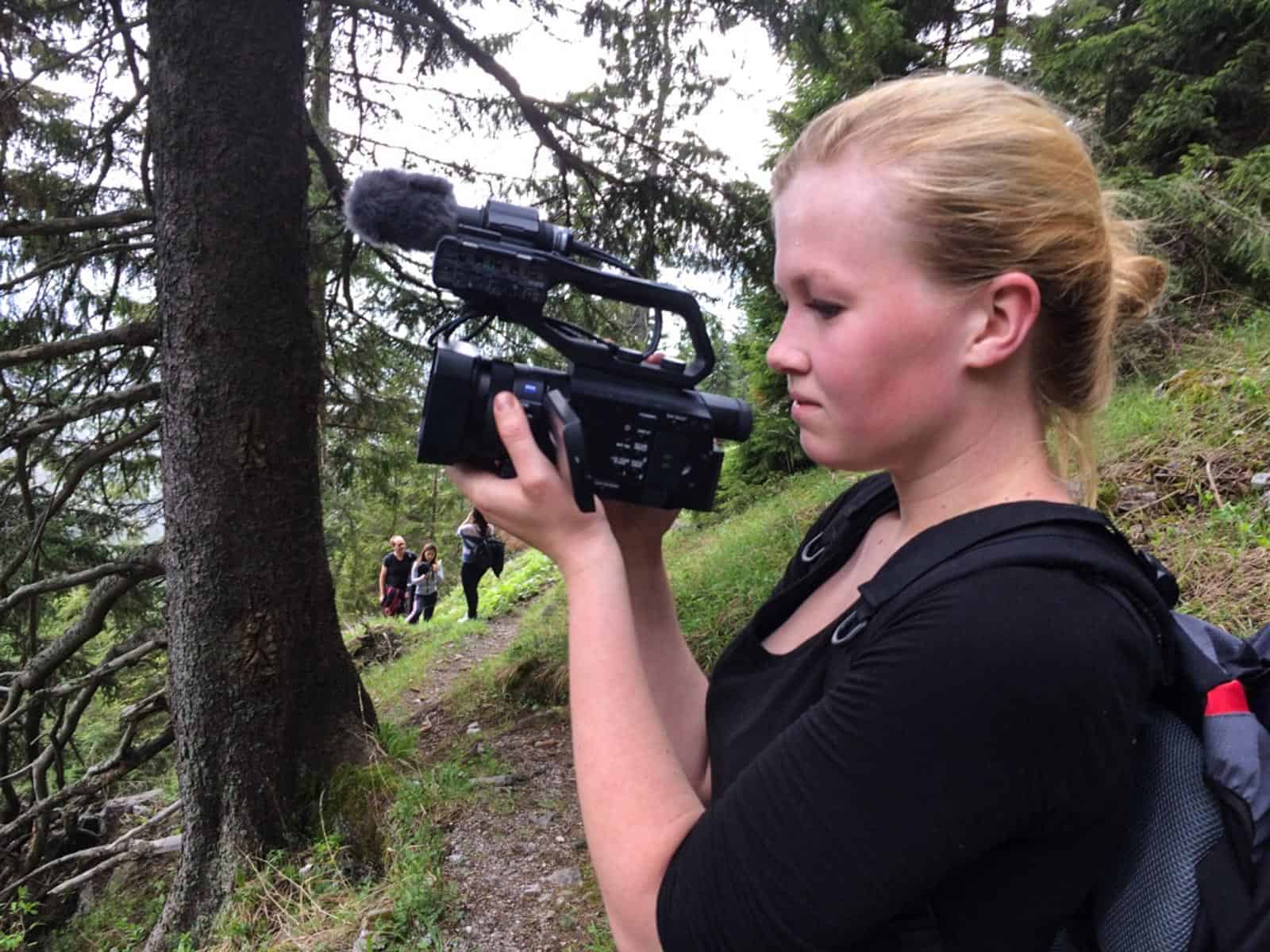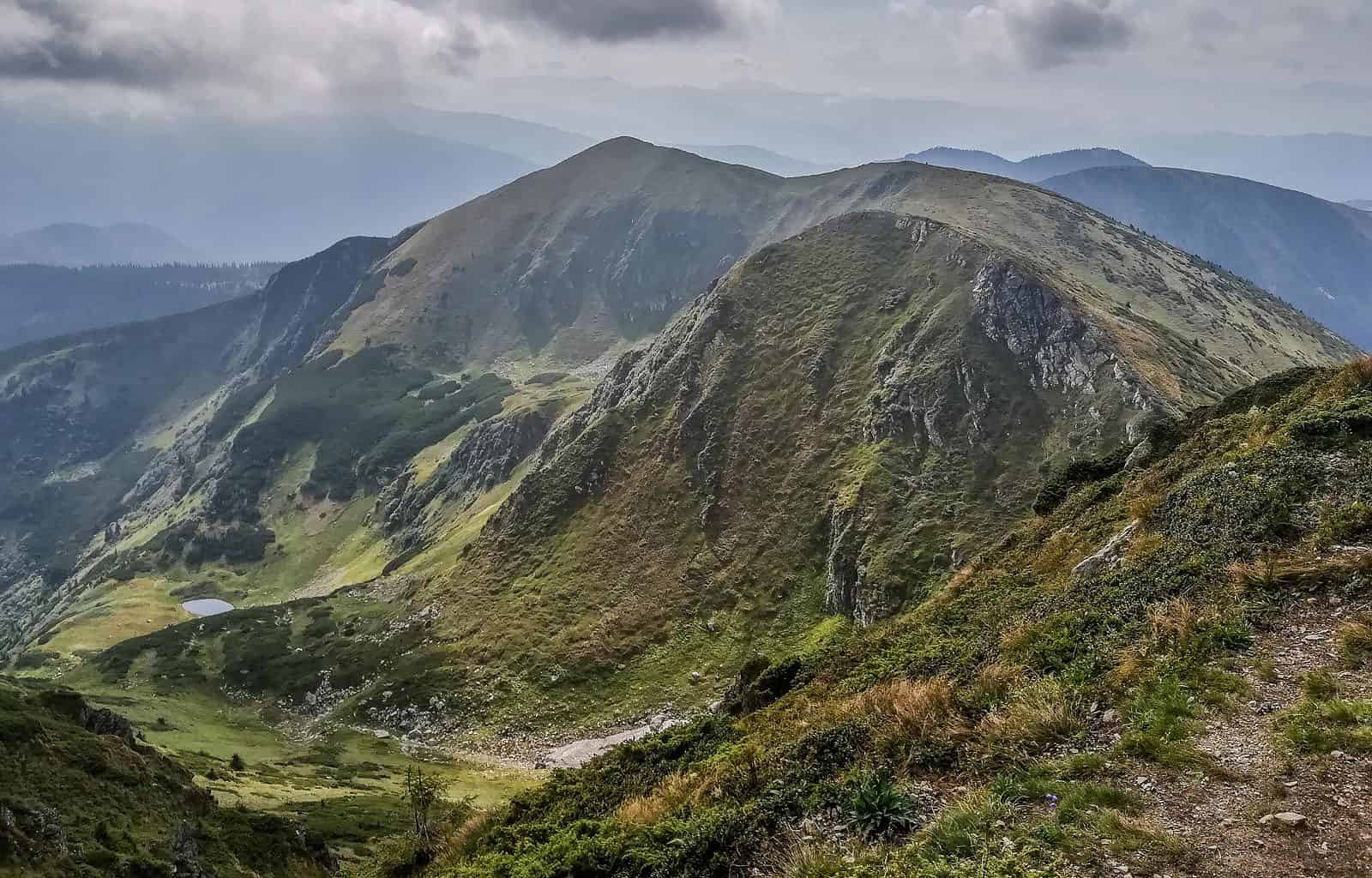Celebrating World Ranger Day: Honoring Our Essential Planetary Guardians
Today, the European Wilderness Society, in unison with the International Ranger Federation and rangers worldwide, commemorates International Ranger Day. This global observance is more than a celebration – it’s a tribute to the invaluable role that rangers play in preserving our planet’s natural and cultural heritage. Beyond honoring their contributions, this day serves as a call to action, highlighting the urgent need to address the significant challenges these dedicated guardians of nature face.
Understanding the Role of Rangers
Defined by the International Rangers Federation (IRF), rangers are individuals or groups who are pivotal in conservation efforts. They are the stewards of nature, cultural and historical heritage, and they safeguard the rights and well-being of present and future generations.
Rangers operate in diverse environments, including state, regional, communal, Indigenous, and privately managed areas, often for extended periods. They come from various backgrounds, embodying roles as Indigenous rangers, community rangers, and government rangers. Their roles are multifaceted and diverse, positioning them as essential planetary health workers who are at the forefront of conserving much of the world’s land and waters.

The contributions of rangers to global conservation and development policy
Challenges Rangers Face
Rangers across the globe grapple with a multitude of challenges:
- Underinvestment and Undervaluation: Rangers are often underutilized, underrecognized, and underequipped. Their roles are undervalued, and they are sidelined in crucial conversations, impeding our collective ability to achieve global conservation and sustainable development targets effectively and equitably.
- Lack of Basic Amenities and Insufficient Equipment: Around 60% of rangers do not have access to clean water while on patrol. This lack of basic amenities can lead to preventable illnesses. A significant number of rangers, 38%, reported that they never have communications equipment. This lack of essential equipment can hinder their ability to carry out their duties effectively and safely.
- Adverse Working Conditions: Ranger employment is often marked by limited benefits, high exposure to risk, and a frequent lack of capacity to carry out tasks effectively. More than 80% of rangers said their job is dangerous due to the risk of encountering poachers. Over 60% expressed concern for their safety if they reported corruption, indicating a fear of retaliation. These issues could be significantly improved if rangers had better working conditions and labor rights.
- Exclusion from Policy Discussions and Lack of Professional Recognition: Rangers are often excluded from policy debates, development, and implementation. Their voices need to be amplified, and their roles need to be better recognized as a valued and vital profession. They should be rebranded as essential planetary health workers and held accountable for effective and equitable sustainable development.
- Insufficient Support and Training: There is a pressing need for protected area authorities, conserved area managers, conservation organizations, funders, and all other relevant bodies to support the actions outlined to help achieve the vision and goals identified at the IRF’s 9th World Ranger Congress and subsequent URSA action plan. This includes providing a unified voice for rangers and standards for capacity, employment, equality, and conduct to build a demonstrably professional, accountable, and competent ranger workforce.
These challenges underscore the urgent need for collective investment and action to enhance the conditions and recognition of rangers worldwide.

From left to right: A ranger team from Chitwan National Park, Nepal, examine a rescued ill white rumped vulture, a critically endangered species.© Smritee Lama. Ilian Gonzalez, a ranger based in Nexaca Protected Area, Mexico, manages a fire. © Hector Garduño. Conservancy ranger Musa meets with villagers who have lost livestock to wildlife in Elangata Enderit village in lower Loita, Kenya. © Ami Vitale / WWF-UK. Park ranger Deneb Saldierna performing underwater monitoring in support of the Sea Shepherd in Socorro Island Protected Area. © Melissa Romao
The Imperative for Enhanced Professionalization
Concerns about increased ranger militarization and the associated risks of human rights abuses highlight the need for adequate training, safeguarding procedures, ethics, and accountability, and for explaining the wider roles of the ranger community beyond enforcement. The global community of rangers is responding to these calls. Local, national, and international bodies, such as the IRF, the Thin Green Line Foundation, and the Universal Ranger Support Alliance (URSA), are providing opportunities to share experiences and develop guidance and policy. Through these bodies, a better understanding of ranger roles, rights, responsibilities, and challenges is being developed. Initiatives include a code of conduct providing principles for behavior, ethics, and accountability, and global ranger competencies.
This push for greater accountability needs to be matched by the recognition of rangers as a valued and regulated profession. This need is about to become more urgent as new, ambitious targets for conservation and environmental protection are agreed upon as a response to climate change and biodiversity loss, and new legislation and business standards in environmental, social, and governance policy are developed. There are currently around 286,000 rangers worldwide. This number is already far short of what is considered necessary, and it has been estimated that 1.5 million rangers will be needed to protect 30% of the planet by 2030, the likely goal of ongoing discussions linked to the Convention on Biological Diversity (CBD).
Rangers: The Natural Solution to Achieving the 30×30 Biodiversity Targets
The 30×30 Biodiversity Targets aim to protect 30% of the planet by 2030. Rangers, as custodians of biodiversity, are critical to achieving this goal. However, their role is often undervalued, and they are left out of policy discussions. This underinvestment in rangers hinders our collective ability to achieve global conservation and sustainable development targets effectively and equitably.

To elevate rangers on the political agenda and increase their participation in policy discussions, we need to recognize them as essential planetary health workers. This recognition should be accompanied by a commitment to professionalize the ranger workforce, making it more inclusive, accountable, and appropriately trained.
We call on various organizations, including the International Union for Conservation of Nature (IUCN), the International Labour Organisations (ILO), the United Nations Framework Convention on Climate Change (UNFCCC) Paris Agreement, the Global Biodiversity Framework, donors such as the Global Environment Facility (GEF), the World Health Organisation (WHO), and United Nations Convention to Combat Desertification (UNCCD), to recognize and support the role of rangers.
By doing so, we can ensure that rangers are valued, their profession is regulated, and they are equipped with the necessary safeguards, policies, and training to carry out their vital work effectively.
10 Ways to Celebrate World Ranger Day

This International Ranger Day, let’s commit to supporting our rangers, our essential planetary guardians!








